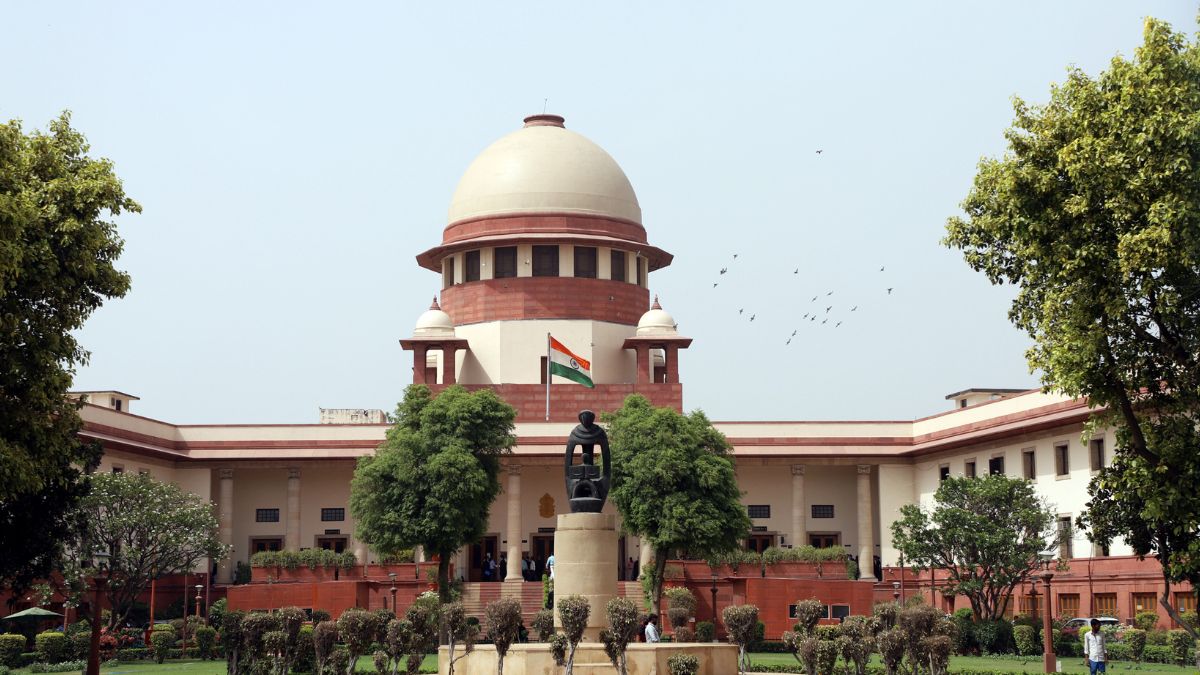In a 4:3 majority ruling, a seven-judge constitution bench of the Supreme Court overruled the Allahabad High Court decision in the S Azeez Basha Vs Union of India case (1967) on the determination of a minority character of an institution. This has paved the way for the Aligarh Muslim University to get the minority tag.
As per reports, the Supreme Court has overruled a 1967 verdict holding that since AMU was a central university it cannot be considered as a minority institution. In its majority verdict, the SC has ruled that the issue of the minority status of the institute must be decided based on tests laid down by it. The SC has also laid down criteria for deciding AMU’s status as a minority institution.
The SC bench presided by CJI DY Chandrachud was hearing the petition filed on the reference that came from a 2006 verdict of the Allahabad High Court which held that AMU which was established through imperial legislation in 1920 was not a minority institution. AMU, without the minority status, will have to begin implementing reservation policies for teachers and students similar to public universities. With the minority status, the university can provide 50% reservation for Muslim students. AMU at the moment does not follow any reservation policy of the state although it does have an internal reservation policy where 50% of seats are reserved for students from affiliated schools or colleges.
This issue was earlier decided before the SC when a five-judge constitution bench held that AMU was not a minority institution. In 1967, the court had referred to the AMU Act 1920 which established the university and held that it was neither established nor administered by the Muslim community which is a requirement for a minority educational institution under Article 30(1) of the constitution.
This act was amended in 1981 to state that the university had been established by the Muslims of India and in 2005 the university reserved 50% of seats on postgraduate medical courses for Muslim students.
The Allahabad HC has struck down the reservation policy and the 1981 amendment after which the verdict was challenged in the Supreme Court.

Comments
All Comments (0)
Join the conversation